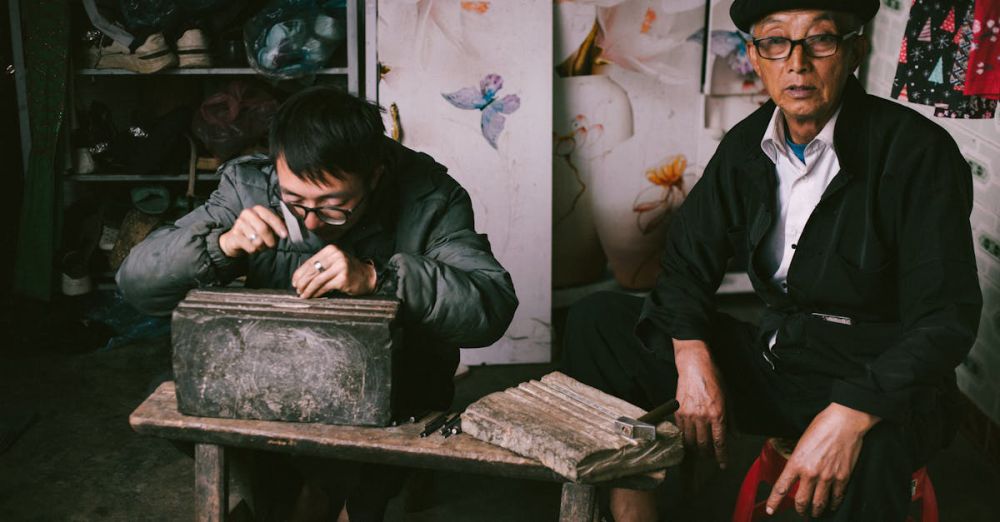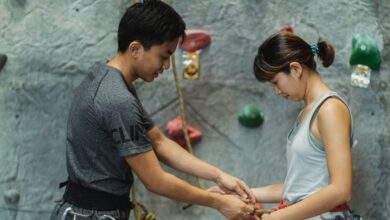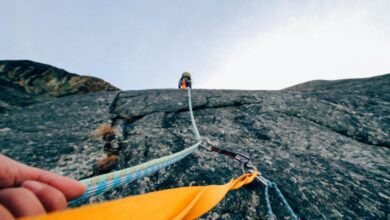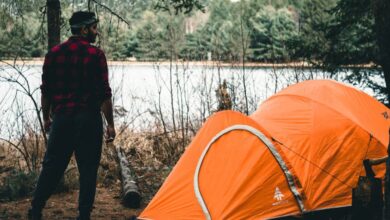How Do You Master Mountain Climbing
Mountain climbing is not just a physical activity; it’s a profound journey that tests your mental strength, resilience, and determination. Beginners often find themselves overwhelmed by the idea of scaling majestic peaks, but with the right approach, anyone can learn to master this exhilarating sport. From preparation to execution, the path to becoming a proficient climber is paved with knowledge, practice, and passion.
Understanding the Basics
Before you even think about tackling a mountain, it’s essential to grasp the fundamentals of climbing. This includes familiarizing yourself with different climbing styles, such as bouldering, sport climbing, and traditional climbing. Each method has its own set of techniques, gear requirements, and risk factors. Start with indoor climbing gyms, where you can practice under controlled conditions. This environment allows you to build strength, improve your technique, and gain confidence without the inherent dangers of outdoor climbing.
Physical Conditioning
Climbing demands a unique blend of strength, endurance, and flexibility. To prepare your body, focus on a well-rounded fitness regimen that includes cardiovascular exercises, strength training, and flexibility workouts. Climbing-specific exercises, like pull-ups and core workouts, will enhance your grip strength and body control. Incorporate activities like yoga or Pilates to improve flexibility, which is crucial for navigating tricky routes. Regularly engaging in these practices will ensure that your body is solidly prepared for the rigorous demands of mountain climbing.
Mastering Techniques
Climbing techniques can significantly affect your efficiency and safety on the mountain. Begin by learning proper foot placement, body positioning, and handholds. Practice traversing on different surfaces to develop your skills. Understanding how to read a climbing route, or “problem,” is vital; it allows you to plan your moves and conserve energy. Additionally, mastering techniques like downclimbing and stemming can help you navigate tricky sections smoothly. Consider taking a climbing course or finding a mentor to refine your skills and receive constructive feedback.
Gear Up Wisely
Having the right gear can make or break your climbing experience. Invest in quality climbing shoes that fit snugly to enhance your grip and precision. A harness, helmet, and belay device are essential for safety, as is a sturdy rope if you’re venturing into sport or traditional climbing. Don’t forget about layering your clothing; weather conditions can change rapidly in the mountains. Choose breathable, moisture-wicking fabrics for your base layer, insulating materials for warmth, and a waterproof outer layer to protect against the elements. Familiarize yourself with each piece of gear and practice using it before you hit the trails.
Planning and Safety
Every successful climb begins with meticulous planning. Research your intended route, considering its difficulty, weather conditions, and potential hazards. Understand the mountain’s topography, and map out emergency exit points in case of unforeseen circumstances. Always inform someone of your climbing plans and expected return time. Carry a first-aid kit, a map, a compass, and a reliable communication device. Being well-prepared not only enhances your safety but also boosts your confidence as you tackle the climb.
Experience and Adaptation
Experience is an invaluable teacher in the world of mountain climbing. Start with smaller, less challenging mountains to build your skills and confidence. As you progress, gradually increase the difficulty of your climbs. Each ascent will present new challenges, and learning to adapt to varying conditions is key to mastering the sport. Reflect on your climbs, noting what worked well and what didn’t. This self-assessment will help you grow as a climber, making you more adept at facing future challenges.
Embrace the Journey
Mountain climbing is as much about the journey as it is about reaching the summit. Embrace the highs and lows that come with each climb. Celebrate your achievements, no matter how small, and learn from setbacks. Connecting with the climbing community can also enrich your experience. Sharing stories, tips, and encouragement with fellow climbers can provide motivation and camaraderie that enhances your climbing journey.
Finding Balance
Mastering mountain climbing requires a delicate balance of preparation, practice, and passion. With commitment and enthusiasm, you can navigate the peaks and valleys of this thrilling sport. Remember, every expert climber was once a beginner. Your journey is uniquely yours, filled with lessons that will not only shape you as a climber but as a person. Embrace the challenges, cherish the triumphs, and let the mountains transform you.







